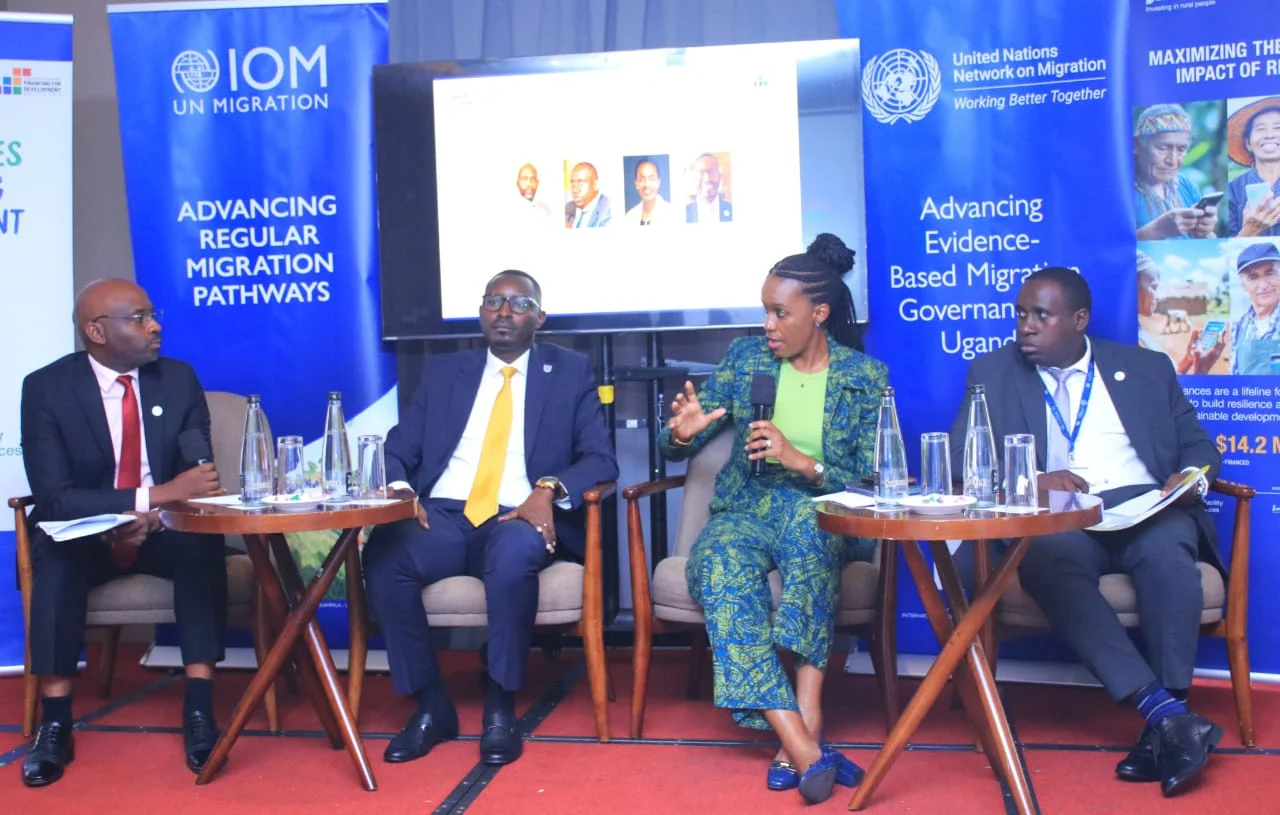Uganda Urged to Cut Remittance Costs to Spur Diaspora Investment

Uganda has been urged to reduce the high cost of sending money from abroad, with officials and development experts warning that current transfer fees are discouraging remittances and stifling diaspora-led investment.
The call was made during the commemoration of the International Day of Family Remittances in Kampala, where Patrick Okello, Commissioner for Refugees in the Office of the Prime Minister, appealed to the Bank of Uganda to partner with relevant stakeholders to bring costs down.
“The cost of permitting money home is simply too high,” Okello said.
“It discourages people from sending money back and investing in Uganda. We must bring all the players on board to fix this.”
Uganda received over $1.2 billion in remittances in 2024, a figure officials say is significant but still undervalued in national policy discussions.
The funds are a critical lifeline for thousands of Ugandan households, covering school fees, medical bills, housing, and rural infrastructure.
Yet the cost of sending money home remains prohibitive for many in the diaspora.
Sarah Carl, Head of Programmes and Policy Development at the International Organization for Migration (IOM) Uganda, echoed the concern, noting that transfer costs remain the most significant obstacle to the developmental impact of remittances.
“The transaction cost is the major challenge to international remittances. It is costly, and we need to work towards reducing these costs to benefit the families that depend on these transfers,” Carl said.
“It limits the impact remittances could have on development outcomes.”
According to IOM, lowering remittance costs would not only ease the burden on migrant workers but also boost local economies and reduce reliance on external aid.
Carl called for a shift in national and global attitudes toward remittances, arguing they should be treated as a strategic pillar of development.
“Remittances are fueling progress and improving lives,” she added.
“They deserve more respect in our development agendas.”
With global displacement rising due to conflict, climate change, and economic inequality, the push to make remittances more affordable has become more urgent.
Uganda’s sizeable diaspora and migrant workforce are key contributors to the country’s financial stability, yet high transaction fees risk undercutting their impact.
Several civil society organisations have joined the call, arguing that Uganda is at a crossroads: either create an enabling environment for diaspora flows to thrive, or maintain a status quo that hampers grassroots development.
Experts point out that remittances have consistently outperformed other sources of foreign exchange, including foreign direct investment and development aid, in both stability and reach.
The message from those gathered in Kampala was clear—cut the cost, grow the impact.



0 Comments